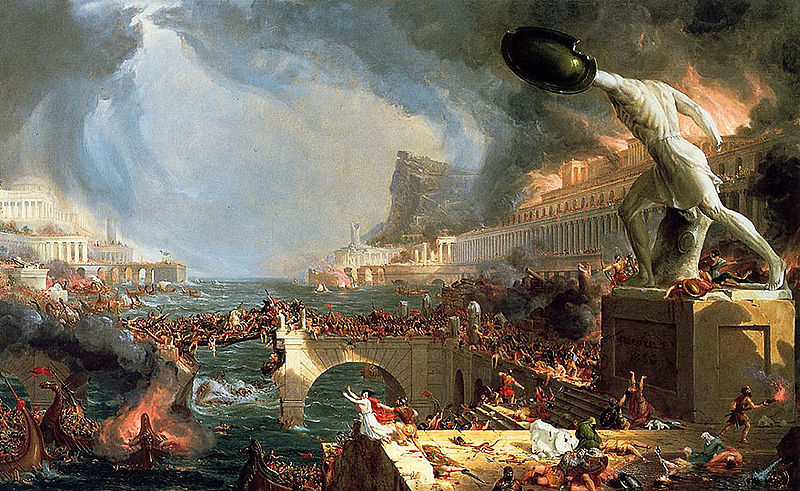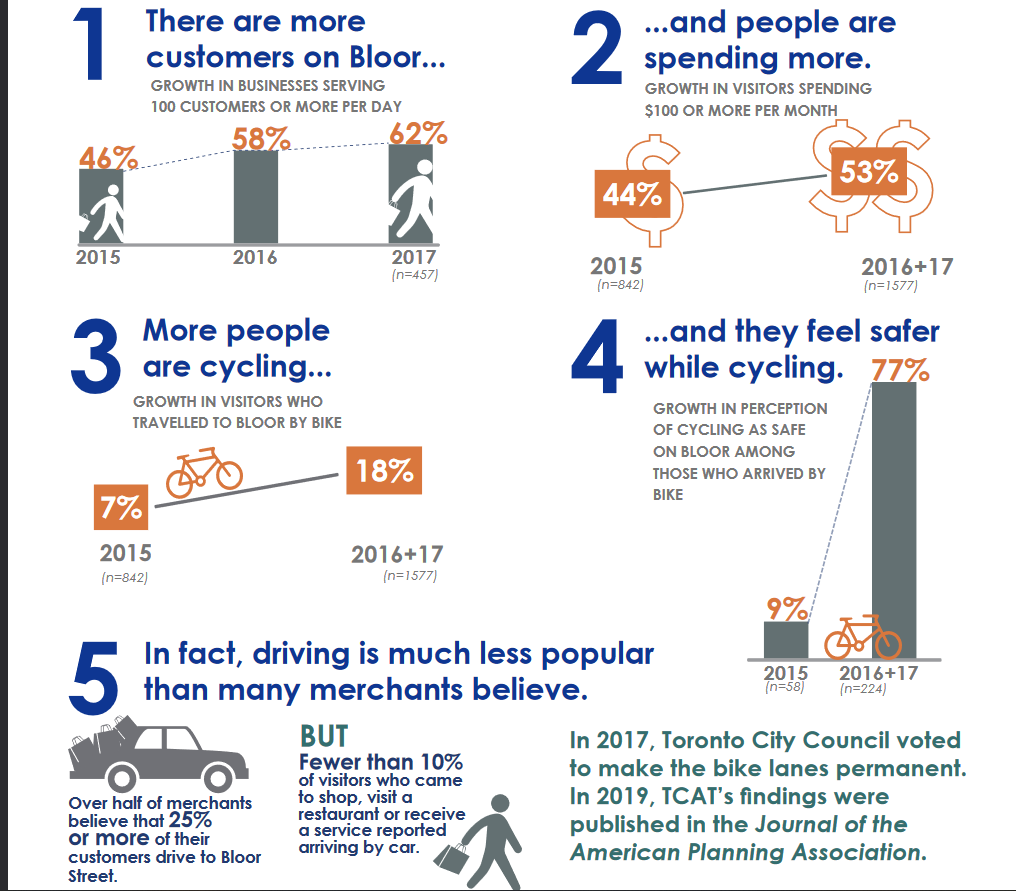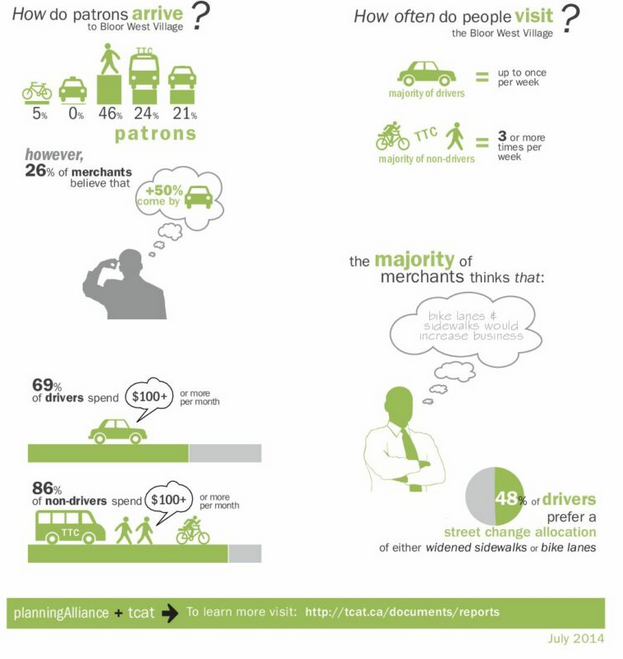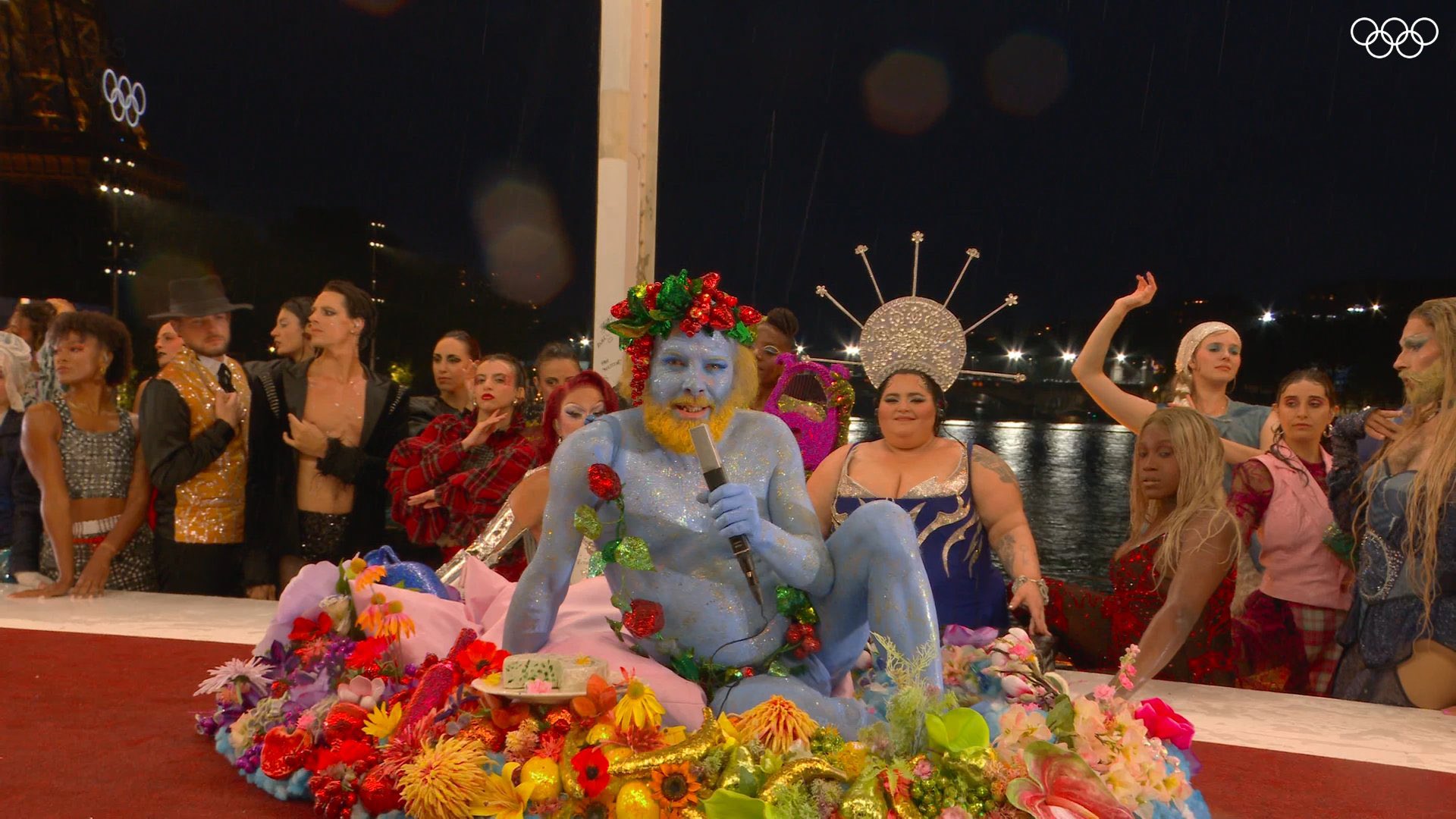(First of two collections of important articles published 2014 or earlier. )
I want to take readers through some of my previous writing on ideology and character, and how they help form the societies in which we live. Taking the time to read these articles (a short book’s worth), should vastly improve your understanding of the world and the articles to come. It should be worth your time, even if you read the articles when they were previously published, as, at the time, they lacked both context and commentary, and were not collated to be read together so that the connections were obvious.
(I have a lot of new readers, so I’m going to republish this. These are some of the most important articles I have written–Ian)
Baseline Predictions for the Next 60 Years
While not an article about ideology, the above is an article about where our current ideology and character are going to take us: To the brink of disaster and possibly beyond, while continuing to impoverish and disempower larger and larger segments of the human race. This might be a slightly optimistic piece; there’s some reason to believe our actions in the world’s oceans could destroy the oxygen cycle, and if this is so, events will be much, much worse.
What Is an Ideology and Why Do We Need a New One?
Too many people think ideologies are some airy-fairy nonsense, while they themselves are “pragmatic” men and women operating on common sense and facts. Such people are amongst the greatest of all fools: Our entire society is based on interlocking ideologies; the primary of which are neoliberalism, capitalism, human rights, and socialism. It is not obvious, nor was it obvious to most societies that have ever existed, for example, that food should be distributed based on money, nor that ideas could be property. How we organize things, our particular ideas about markets and their role, and our ideas about who should lead us, are ideological. If we want to change society, we need to be able to control markets so they aren’t producing a world that makes us sick, unhappy, and, in increasing numbers, dead.
How to Create a Viable Ideology We may look at current trends and realize that if we don’t reverse them–and reverse them fast–billions will suffer or die; but creating an ideology which can reverse these trends requires us to understand what makes an ideology viable and powerful. An ideology which does not create believers willing to die, and to kill, on its behalf, will lose to those that do. An ideology which cannot prevent people from selling out, from betraying, will definitely lose in the current world, where there is so much money available at the top to simply buy out (for billions) those who create something new, so that anything new can be neutralized into nothing but a monetization scheme.
Our Theory of Human Nature Predicts Our Policies
The ideas of an ideology determine how our society is run, and, of those ideas, none is more important than what we make of human nature.
A Theory of Human Nature Suited to Prosperity and Freedom
If we are trying to create a prosperous, free world, our policies must be based in a theory of human nature that is both true (enough) and which leads to policies that create widespread affluence and human freedom.
Character Is Destiny
Ideology and character are intertwined. Character determines what we do, what we don’t do, and how we do it. The character of large numbers of people determines the destinies of nations and of the world itself. If we want to make the world better (or worse), we must change our own characters. Those who fail to understand how character is created (and changed) will never change the world–except accidentally.
How Everyday Life Creates Our Character
Along with, as noted, our destiny. I always laugh at radicals who want more schooling, because schooling is where people learn to sit down, shut up, give the approved answers, and do what they’re told. Working life, as an adult, continues this process of learned powerlessness and acquiescence, and even in our consumptive and political lives we continue the trend; choosing from the choices offered, rather than producing what we actually need for ourselves.
How Everyday Life Creates Sociopathic Corporate Leaders
Those who lead our corporations control most of our lives, even more so than the government, because they set the terms by which we live, die, and can afford the good things in life. Our daily lives are prescribed by these people, from how we work to what we eat, to what we entertain ourselves with. We need, therefore, to understand the character traits for which our leaders are chosen, and how the process of choosing works. If we can’t learn to create and choose better leaders, we will never have a better world.
The Difference Between Ethics and Morals
If we want an ideology that tells us how to create both a better world and the people with the character to create that world, we must understand what sort of people they should be. To accomplish this, we must first understand how they treat other people–the people they know, and more importantly, the people they don’t.
The Fundamental Feedback Loop for a Better World
The shortest article on this list, this is also one of the most important and speaks directly to how money directs behaviour and how that directs our choice in leaders.
Living in a Rich Society
It’s been so long since parts of the West were truly prosperous that people have forgotten what it’s like, and they’ve forgotten that it creates a different type of person than a scarcity society.
Late 19th and Early 20th Century Intellectual Roots
Lived experience creates character and character feeds into ideology. It’s worth looking at how various themes of the Victorian era were created by those who lived through that time and the time that came before it.
What Confucius Teaches Those Who Want a Better World
Amongst those who have created powerful ideologies, Confucius is in the first rank; Confucianism has been the most important ideology of the most populous and advanced region of the world for most of the last two thousand years–or more. Confucius was very aware of what he was trying to do, had a theory of human nature, and a theory of character. We would be fools not to learn from him.
Concluding Remarks
I hope that those who are interested in creating a better world will read the articles linked above. What I’ve written amounts to a short book, and the ideas are interrelated. If you have read a few of my posts, or even read all of them, but not thought of or read them with each other in mind, you cannot have the full picture of how these ideas work together, and why the different parts are necessary.
Ideas are often destroyed in practice by those who do not understand the reasons for the various pieces of the puzzle and prescriptions. These people feel they can pick and choose without that understanding. Character and ideology and ethics and every day life are all intertwined; you cannot pick one and say,”This is supreme.” They create each other.
Of course, the above is not a complete intellectual package. Large chunks are missing. My next piece will be a review of some key economic articles, specifically concerning why the world is as it is today: Why we lost post-war liberalism, why we have austerity and neoliberalism and so-called free trade. That piece comes after this one because without understanding our own characters, the characters of our leaders, and how ideology works, we cannot understand our current circumstances.
I will then be moving on to new articles that focus on technology, geography, the environment, and their effect on societies though the ages, with an emphasis on those technologies and environments which create prosperity, freedom, and egalitarian cultures and explore why they do so. There is an important trend today, an argument, about changing our technology to improve society, but it will only work if we understand how technology changes society.
Originally published Oct 2, 2014. Republished July 28, 2015, March 6, 2016, October 2, 2017 & May 20, 2024.
You get what you support. If you like my writing, please SUBSCRIBE OR DONATE






